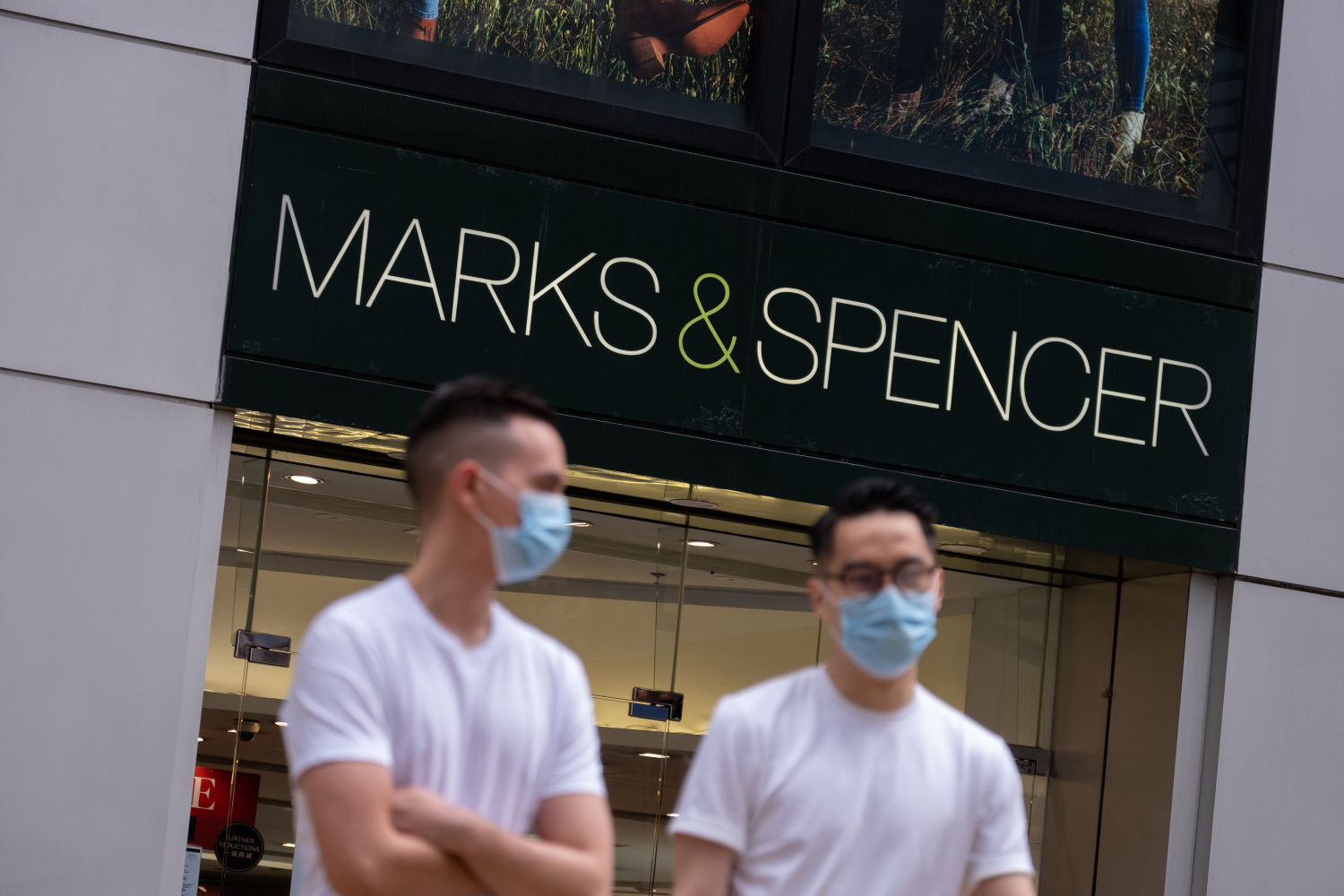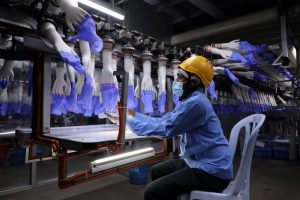(ATF) British retailer Marks & Spencer (M&S) on Wednesday became one of the first major brands to back a drive to stop forced labour in cotton and garment sourcing from China’s Xinjiang region.
The company said in a statement on January 6 that it would not use cotton from China’s Xinjiang region in its clothes in response to the country’s alleged mistreatment of its Muslim Uighur minority.
“M&S has become one of the first companies to formally sign the call to action on human rights abuses [in the] Uighur Region,” the company said. “This is in line with the company’s long-term focus on ensuring its supply chains are sustainable and ethical, where workers are treated fairly, and their human rights are respected.”
The company noted that 80% of China’s cotton is grown in the Uighur region, representing almost 20% of global production.
“At M&S, sourcing ethically and sustainably is core to how we do business and the promise we make to our customers, that’s why we do not source cotton from Xinjiang,” said Richard Price, managing director of M&S Clothing & Home.
Jasmine O’Connor, executive director of Anti-Slavery International, responded with a statement that said: “We welcome the leadership shown [in] providing assurance to its consumers that M&S products will not be linked to the abuses of Uighurs”.
Retail challenges
It is unclear what effect the announcement would have on M&S stores in China’s special administrative regions of Hong Kong and Macau. The flagship M&S store in Hong Kong is located in the middle of the Central business district.
The UK company sold its regional holdings to Al-Futtaim, its Dubai-based franchise partner, in 2018. Al-Futtaim has worked in partnership with M&S since 1998 when it opened Dubai’s first M&S store. Following the purchase of the 27 stores in Hong Kong and Macau, it now operates 72 M&S stores across 11 markets in Asia and the Middle East.
Like many retailers, the company has faced severe challenges during the coronavirus pandemic, particularly in its UK home market, with lockdowns and social distancing slashing high street footfall.
“FY2021 has been a very challenging year for the Group,” Clive Black, a research analyst at Shore Capital, said. “It is to be hoped that better times are ahead in FY2022.”
M&S plans to release its fourth quarter results on January 8.
“It will come as no surprise to investors in M&S to know that we expect a materially more robust trading performance from the group’s food operations than its clothing and homeware activities,” Black added.
“That said, the food activities of the group have also been subject to considerable change and no shortage of disruption through the year,” he added. “With a structural change in the level of working from home, M&S’s franchise, travel hub and central business district focused outlets have performed much less robustly than those stores located in suburban locations.”
























